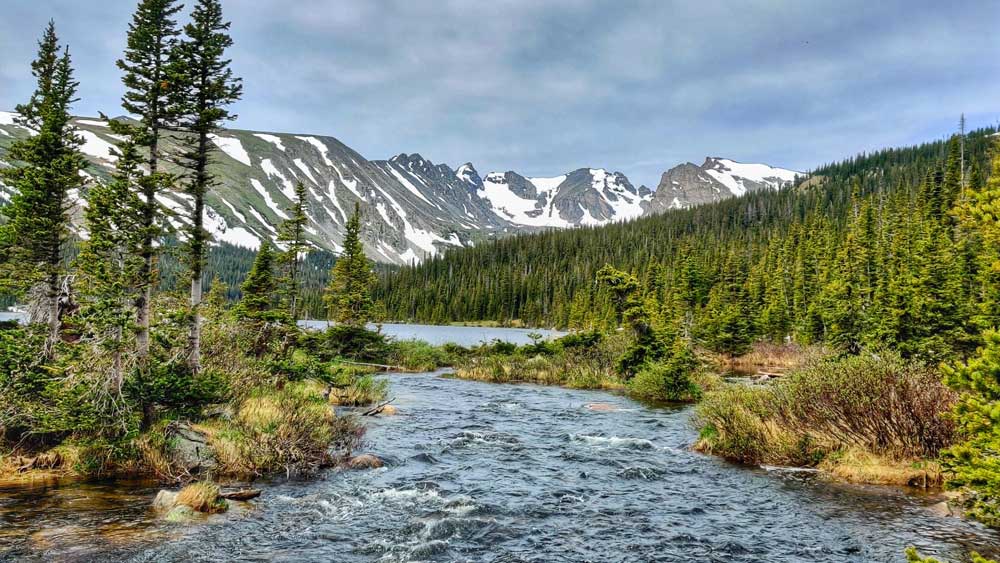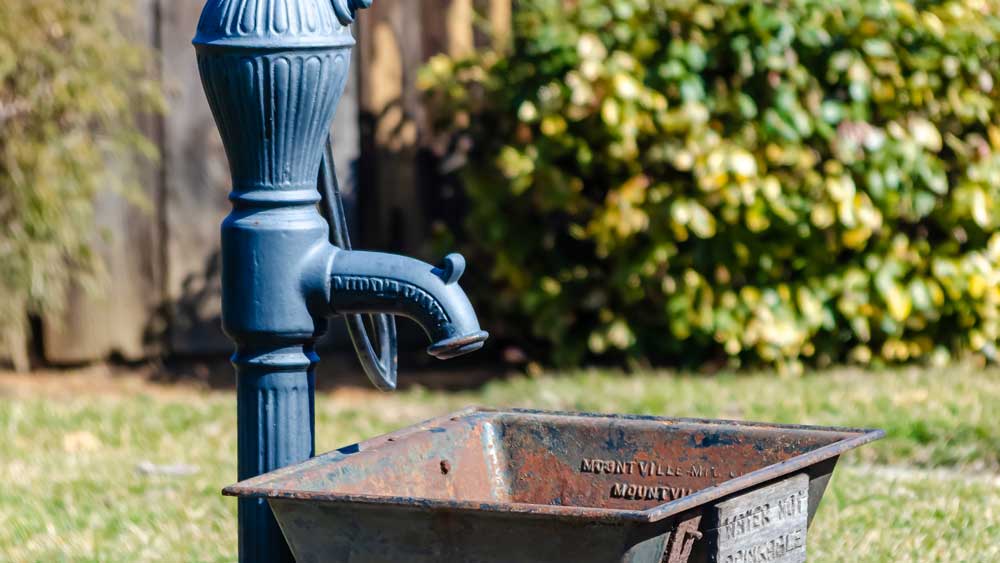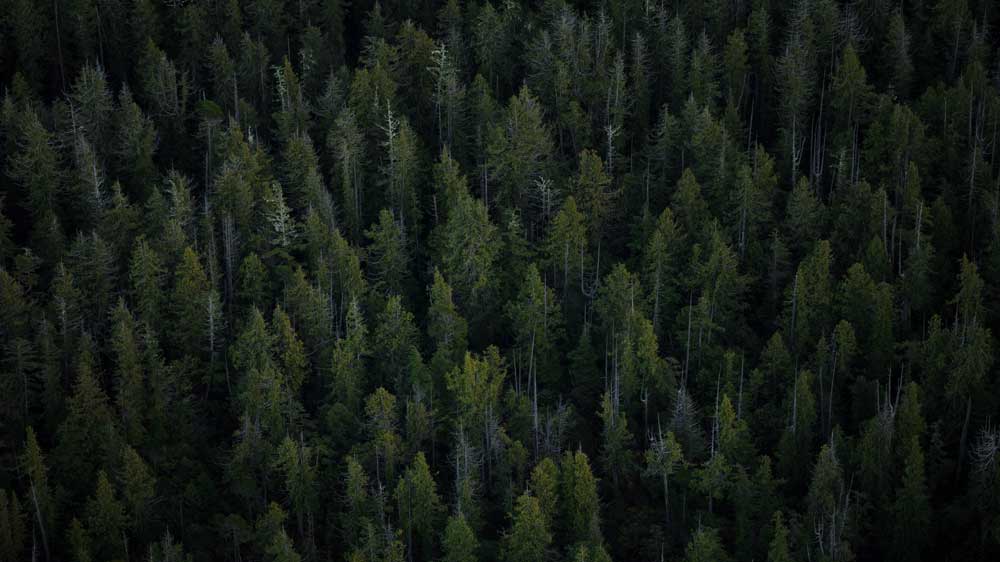
Last updated: October 30, 2021
Can You Live on Recreational Land
If you own recreational land or are thinking about purchasing it, you may be asking yourself:
- Can you live on recreational property?
- Can you live year-round on recreational property?
- How long can you live on recreational land?
The answer is that it depends. Most localities in the United States and Canada have restrictions on using recreational zoned land for residential purposes, including restrictions on building permanent structures on it. Before you buy recreational land, it’s important to complete your due diligence to determine whether you can live on it for all, or a portion of, the year.
For a more detailed overview of the what recreational property is, explore our article: What is Recreational Property? An Overview of Recreational Property Meaning.
Zoning Considerations

Understanding Land-Use Regulations and Zoning
All real estate in the United States is regulated through land use regulations and zoning laws. This is similar in Canada, where land-use control is a provincial responsibility. Cities and municipalities have zoning laws or regulations on how the land can be used. The zoning laws determine how the land can be developed and its intended purpose. Recreational zoning typically means you can’t build a permanent structure on the land. Each area, however, will have different meanings for the term. Overall it often means you can’t live there permanently. In some cases, you can’t even park a camper or “mobile home” on the property for an extended period.
A good example of such restrictions is an area zoned “forest recreational” in the Northern Region of Lower Michigan. In this particular area you’re allowed to have a 500 square foot hunting or fishing cabin on the land. You also can’t stay in the cabin for more than 120 days a year. If you have a mobile home/RV, it cannot be on the property for more than 120 days either. As you can see, you’re permitted to build a permanent structure but not for the purposes of residing there permanently.
Keep in mind, every area and municipality will have different definitions for the term recreational zoning. Read the fine print, ask questions, and work with the professionals before buying land to determine if it will suit your needs. More specifically:
- Talk to the local zoning department; and
- Get a copy of the zoning ordinances of the zoning board to understand each zoning classification. Building and use restrictions will be precisely defined by the ordinances of the zoning board.
Don’t buy land assuming you can do what you want with it, only to find out the hard way later. Always ask the question: can you live on recreational land in my area and speak with the zoning department to know what you’re up against.
Can You Rezone Recreational Land?
What if you find the perfect plot of recreational land but you’re unable to build a permanent structure on it? Or perhaps you can build a structure on it but can’t otherwise reside on it permanently? Can you rezone recreational land? It is in fact possible to do so. This can be achieved through a zoning variance, special use permit or a change in the zoning designation:
- Special use permit. Simply put, this allows you to use the land in a way not normally permitted and, in many cases, will expire upon a sale of the land.
- Zoning variance. Essentially grants you permission to use the land in a way that is in violation of the local zoning. But note that you will often have to show some form of hardship is created due to special circumstances.
- Rezoning. This can be a long and expensive process as existing zoning restrictions will take into account the best use of land for all people in the area. Thus, any changes will be subject to increased scrutiny from the relevant governing body.
The process for obtaining a zoning exception will vary based on the jurisdiction. But be prepared to submit a written application, provide a filing fee and plead your case to the local zoning board or planning commission. In all likelihood, there will be heightened sensitivity around preserving recreational land so it may be difficult to rezone recreational land.
Access to Water, Electricity and Everyday Conveniences

Assuming you’re permitted to build a dwelling on the property, you’ll also need to take into account certain practical considerations, including:
- Water. At the top of the list is ensuring access to clean drinking water. For many recreational properties, tying into a shared water supply might not be practical given the remote nature of such properties. Where tying into a shared water supply is not feasible, the most reliable option is to dig a well but note that this is also quite costly. You’ll also need to consider whether the zoning permits you to dig a well.
- Electricity. In terms of electricity, if conventional electrical lines don’t run to the property or will require significant expense to extend poles and electrical lines, then you will need to consider off-grid power sources. This may include solar or wind options depending upon the feasibility of each in your area. If you don’t have access to electricity, a word-burning or pellet stove may be the best heat source.
- Everyday conveniences. Lastly, proximity to everyday conveniences, such as restaurants and grocery stores, may be nonexistent. Even such things as package delivery services that we have come to rely upon in everyday life may be unavailable. Further, you may not have access to vital services such as emergency medical services if you’re living off the grid. Ultimately, you need to determine whether you will have access to these services at your property and, if not, whether you can live without them.
Tax Implications
Taxes must always be taken into account when buying and selling real estate, especially if you are contemplating changing your primary residence to live on recreational land.
In particular, in both the United States and Canada you can get a tax break upon the sale of your primary residence. In the US, for example, you can exclude the first $250,000 ($500,000 if married filing jointly) of capital gains when you sell your primary residence. Without that exclusion, you’d pay much higher taxes on your capital gains because the first $250,000 – $500,000 would be taxed. In Canada, any gain realized on the sale of your primary residence is completely tax-free.
But you can only have one primary residence. Accordingly, if you own more than one property, you will need to be aware of the tax consequences of designating your recreational property as your primary residence. For instance, while you can get beneficial tax treatment upon the eventual sale of your recreational property (as your primary residence), the same isn’t necessarily true for other real estate you own. So if you plan on keeping your existing home before moving onto recreational land, be aware that you could face a large tax liability on any capital gains if it appreciates in value during any period in which its not your primary residence.
For a more fulsome discussion of the taxation of primary and secondary residences, click here.
Because tax implications vary so much by municipality, type of property, and by individual, it’s important to talk with your tax advisor about it.
Conclusion: Can You Live on Recreational Land?

So can you live on recreational land? If the property is zoned recreational then there will be restrictions on using the land for residential purposes. This may include restrictions on the size and type of buildings that are permitted (if any) and limits on how many days you can reside on the property on an annual basis. While it is possible to rezone recreational land, it will likely be difficult given the heightened sensitivity around preserving recreational land. After speaking with your relevant zoning department to better understand the limitations, you will also need to take into account access to water, electricity and everyday conveniences as well as the tax implications before residing on recreational land.
